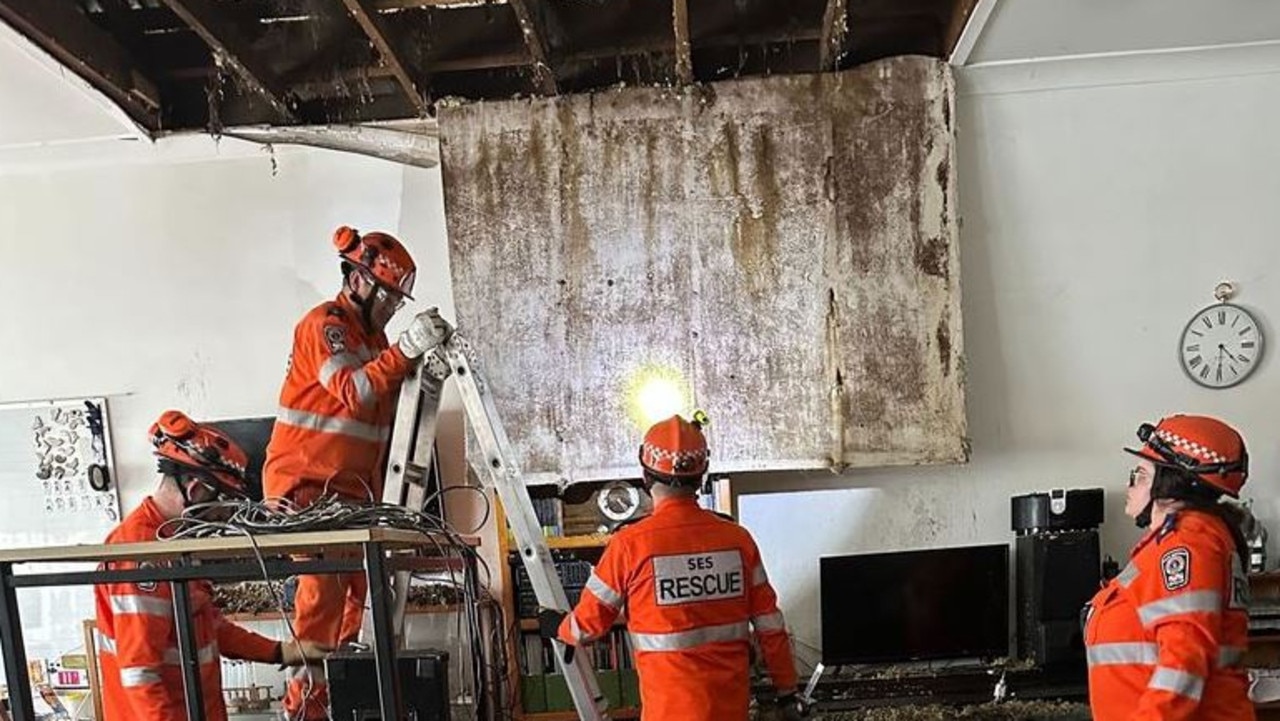Tenancy law plan to help domestic violence victims flee financial fears
REFORMS to tenancy laws mean victims of domestic violence will be able to get out of home faster if they need to flee — without fear of being penalised for abandoning a rental property.

REFORMS to NSW residential tenancy laws mean victims of domestic violence will be able to get out of home faster if they need to flee — without fear of being penalised for abandoning a rental property.
The changes, among a raft of recommendations following a review of the NSW Residential Tenancies Act, have been welcomed by domestic violence support groups.
Announcing the changes, Innovation and Better Regulation Minister Victor Dominello and Minister for the Prevention of Domestic Violence and Sexual Assault Pru Goward said they would give greater protection to victims of domestic violence by making it easier, and quicker, to exit dangerous home situations.
The proposals, expected to go to before parliament in 2017, allow tenants to end residential rent agreements immediately, by providing evidence of domestic violence through provisional, interim or final AVO, or a court order.
They would also ensure domestic violence victims aren’t penalised for property damage or rental debt caused by a violent partner.
And landlords would be banned listing victims on tenancy databases where a debt or property damage arose because of a violent partner.
Currently victims of domestic violence on a fixed lease must give 14 days’ notice to their landlord, in addition to a final AVO, which can take up to 12 months to be obtained, to end an agreement.
It’s an ‘unacceptable’ and ‘often burdensome’ process for people living in dangerous situations, Mr Dominello said.
“The new laws will provide victims with certainty that they won’t be penalised in future rental applications. They also include stronger safety measures as a provisional AVO can be obtained quickly, without court hearings,” he said.
“Leaving a violent relationship can be one of the most challenging decisions anyone makes and we are getting rid of the red tape and streamlining the system to support domestic violence victims to leave,” Ms Goward said.
It’s a move welcomed by the Women’s Legal Service NSW, which made a lengthy submission to the review flagging the need for the changes.

“Women and children experiencing domestic violence often need to flee their home quickly in order to remain safe. In our experience, it can take up to 12 months to finalise an AVO, especially where there are criminal charges,” said WLS NSW Senior Solicitor Kellie McDonald.
WLS NSW is sadly familiar with the scenario in which women flee domestic violence, risking being hit with debts for a place they cannot live in, and end up black-listed, making it hard for them to rent again.
Part of the WLS submission recommending the changes was a series of case studies outlining the experience of victims under existing laws.
They included the experience of ‘Corinne’ (not her real name) who was co-tenant with her partner ‘Martin’ on a six-month lease, but one month in fled interstate with her children after a violent incident.
Martin stayed, with Corrine thinking he would continue to pay the rent.
Two months later, the real estate agent told her the rent had not been paid and she owed $2000, a debt she could not pay as she needed all of her money to support herself and her children.
A second case study recounted the experience of ‘Donna’, who secured an AVO against her partner after many incidents of abuse, and managed to get her partner Max out of their rental property. She was then told her tenancy would be ended because of damage caused to the home — which included punched-in holes in walls, despite the fact the damage was not her fault.
She was also liable for the damage, which exceeded the bond they had paid.




